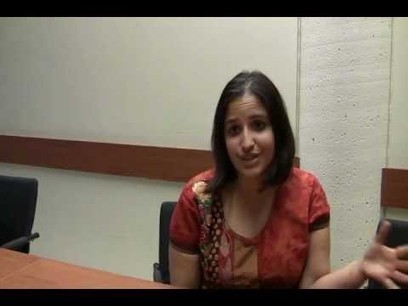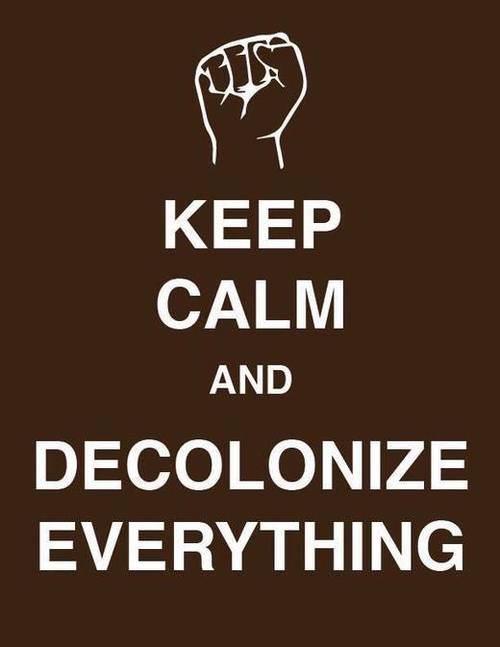Hi,
My name is Glenn Robinson and I have been inspired by Damali Ayo’s National Day of Panhandling for Reparations .
I run a blog called Community Village and another called Oppression Monitor. I thought these would be perfect places to ‘panhandle’ for donations that can be paid right back out.
I will use these funds to pay out reparations and use 33 cents from each transaction to maintain the payment system.
You can test our beta versions here:
Reparations through Oppression Monitor
Reparations through Community Village
You can also check the accounting
Thank you!
Source: www.gofundme.com









